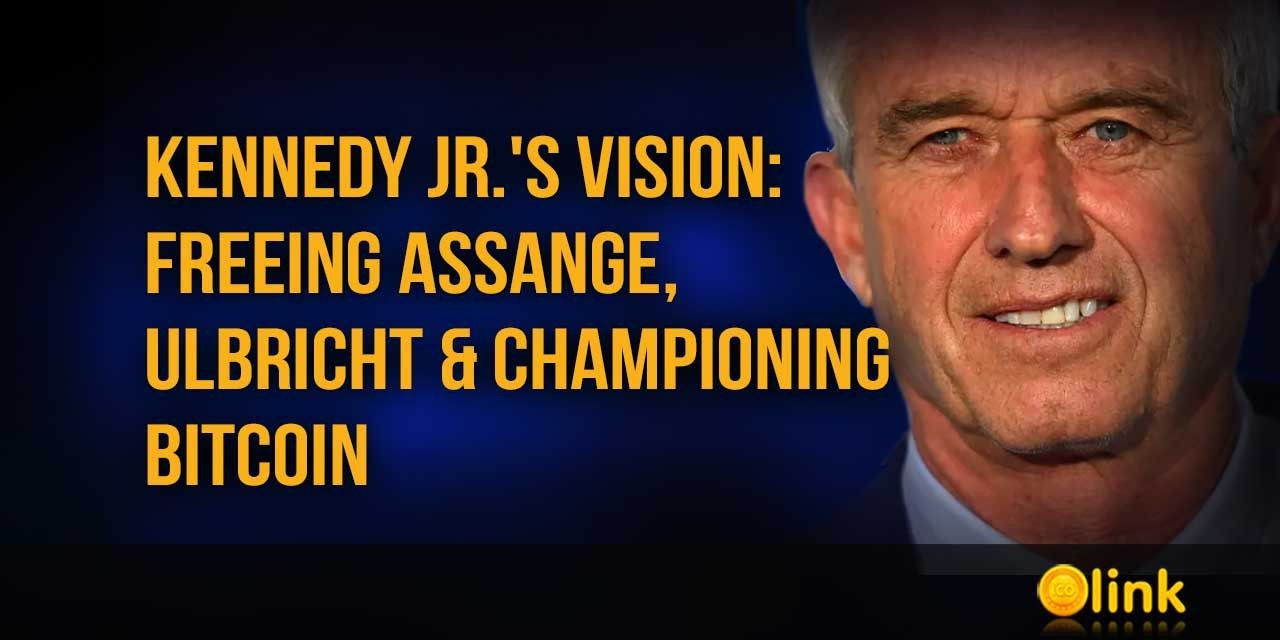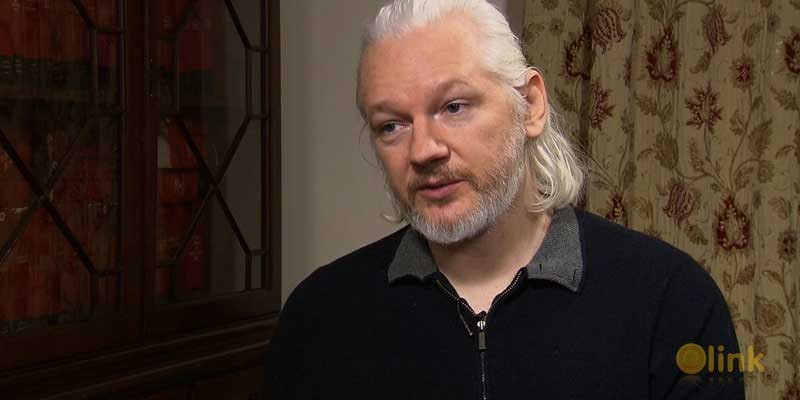julian assange
Here you will find all posts tagged julian assange
About julian assange ℹ️
Julian Assange is an Australian journalist, publisher, and activist best known as the founder of WikiLeaks, a whistleblower website that gained international prominence for its role in publishing classified documents and information exposing government and corporate wrongdoing. Born on July 3, 1971, Assange has been a polarizing figure in the realms of journalism, free speech, and digital activism. Assange founded WikiLeaks in 2006 with the mission of promoting transparency and accountability by publishing leaked documents from anonymous sources. The platform gained widespread attention in 2010 when it published a series of classified documents, including the "Collateral Murder" video, which showed a US military helicopter killing civilians in Iraq, and diplomatic cables leaked by Chelsea Manning. The publication of these documents sparked global controversy and led to legal challenges and political pressure against Assange and WikiLeaks. In 2010, Swedish authorities issued an arrest warrant for Assange in connection with allegations of sexual misconduct, which he denied and claimed were politically motivated. Assange sought asylum in the Embassy of Ecuador in London to avoid extradition, where he remained for almost seven years until his asylum was revoked in 2019. Assange's legal battles intensified after his arrest by British authorities in April 2019, leading to protracted extradition proceedings to the United States. In May 2019, the US Department of Justice indicted Assange on 17 charges under the Espionage Act related to his role in publishing classified documents. His extradition to the United States has been the subject of intense debate and criticism from human rights organizations and free speech advocates. Assange's case has raised significant legal and ethical questions about the rights of whistleblowers, the limits of press freedom, and the power of governments to prosecute individuals for revealing classified information. Supporters view him as a champion of transparency and free speech, while critics accuse him of endangering national security and compromising diplomatic relations. As of my last update in January 2022, Assange's extradition case remains ongoing, with continued international attention and debate surrounding his legal and humanitarian situation.
The Bold Promise: Robert Kennedy Jr. Vows to Re-evaluate Assange, Ulbricht, and Bitcoin's Place in America
Julian Assange, founder of Wikileaks, "thanked" in his Twitter for the US government and financial institutions for the persecution of Wikileaks, which forced the organization to switch to bitcoin in 2010. In his publication Assange notes that the accumulation of Wikileaks in the crypto currency grew by more than 50 000%. On October 14, Julian Assange expressed his "deepest gratitude to the US government, Senator McCain and Senator Lieberman for forcing Visa, MasterCard, PayPal, AmEx, Moneybookers and other payment systems to organize the illegal banking blockade of Wikileaks in 2010." Assange said that the financial embargo "forced Wikileaks to invest in bitcoin, due to which the organization increased its investments by more than 50 000%."

